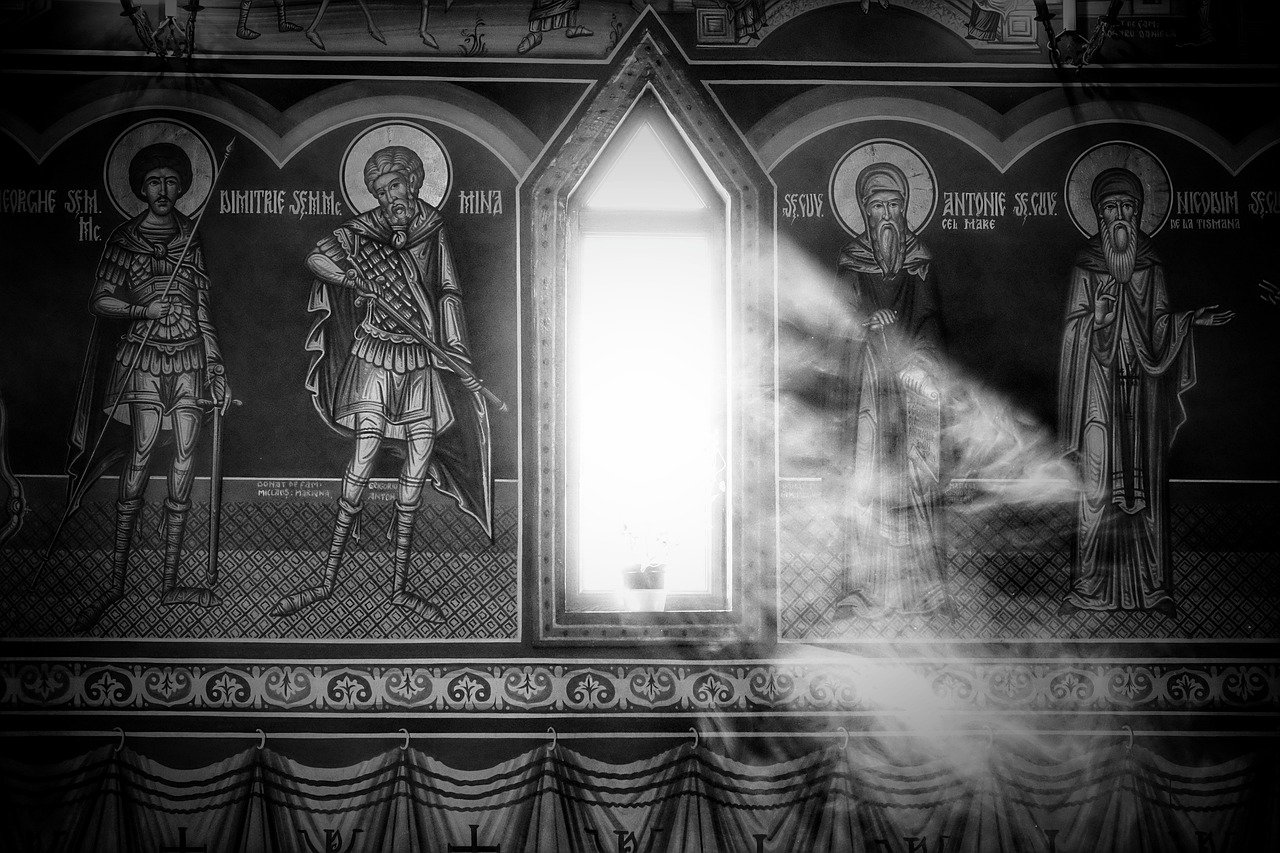The Paladin concentrates on his god and casts divine favor as his greatsword begins to glow with a subtle holy light. He swings it experimentally, smiling grimly as it cuts through the demons like butter. His muscles flex as he channels his great god, vowing internally to slay all of his foes as sacrifices to the divine entity.
Table of Contents
How the Spell Works
The spell’s text from the Basic Rules reads: Your prayer empowers you with divine radiance. Until the spell ends, your weapon attacks deal an extra 1d4 radiant damage on a hit. Note that the text doesn’t specify what kind of weapon attacks, so this would apply for ranged or melee attacks as long as you’re wielding a weapon.
Some races (like the aarakocra, tabaxi, and dhampir lineage) have something called natural weapons. Path of the Beast Barbarians also manifest natural weapons. These refer to claws, talons, and fangs, respectively. Despite being part of your body (and therefore technically leaving you empty-handed) they are labeled as weapon attacks, not unarmed strikes. This spell should, therefore, also apply to attacks with natural weapons.
Who Gets Divine Favor?
Divine Favor is almost exclusively available for Paladins. However, War Domain Clerics have it automatically prepared for them every day. It doesn’t count against their number of daily prepared spells.
What Are the Uses?
This is a fairly simple evocation spell that empowers your weapon attacks for additional damage. Like many Paladin spells, it uses your concentration. This can be tricky since Paladins are intended to be front-line fighters, but your Constitution should be high, and Paladins generally have large bonuses to their saving throws from their Aura of Protection feature.
It only takes a bonus action to cast and uses verbal and somatic components. You don’t need to worry about providing fancy or strange materials for it, but the spell is labeled self, meaning that you can only cast it on yourself. It’s a concentration spell and has a duration of up to a minute, so you can’t prep it too far before combat begins.
At low levels, this isn’t a bad spell. Adding some extra radiant damage to each blow is a great way to use a spell slot while burning the rest on your Divine Smite feature. However, Paladins don’t gain spellcasting until 3rd level, and there are plenty of spells at 1st level and beyond that are better uses of your concentration.
If you’re a War Domain Cleric and have divine favor prepared, it’s not a bad idea when you’re using weapons, but you likely aren’t going to contribute a lot of resources to weapon attacks. Clerics are far better suited to making magical attacks without the aid of magic items, but you might want to go charging into the fray. We won’t judge you!
Comparable Spells
Paladins have access to a variety of spells that have similar effects to divine favor. Searing smite, for example, starts at 1st level, is cast as a bonus action, uses your concentration, and deals extra damage with your weapon attacks. The differences are that searing smite deals fire damage, not radiant, the target catches on fire, and you need to make melee weapon attacks to benefit.
Similarly, thunderous smite is a concentration spell cast as a bonus action that does extra thunder damage and forces the target to make a Strength saving throw or be knocked prone. However, like searing smite, this extra damage only applies to a single melee weapon attack; the next one you make after casting the spell.
At higher levels, you have access to a 2nd level spell, magic weapon. It’s also a bonus action to cast and uses your concentration, but it has some key differences. The duration is up to an hour, so you can cast it ahead of time. Additionally, magic weapon gives a bonus to attack rolls and damage rolls. You don’t add as much damage, but it’s usually worth it to give you a better shot at landing the attacks in the first place.
Plus, you can keep casting magic weapon at higher levels to get better bonuses (+1 at level 2, +2 at level 4). You’re probably going to cast it on yourself since you’re a weapon user, but magic weapon can actually be cast on any weapon no matter who is holding it. However, you have to use it on a mundane weapon.
Once you can cast 3rd-level spells, you get access to an improved version of divine favor called crusader’s mantle. It takes an action to cast, but it allows everyone within a 30-foot radius of you (and you) to do an extra 1d4 radiant damage whenever they hit with weapon attacks.
In Summary
Divine Favor is a decent spell when it first becomes available, but Paladins have plenty of spells that are better. Even when you only have access to 1st-level spells, you should probably spend your concentration on bless or something else that would be more beneficial. Luckily, Paladins are prepared casters, so you can feel free to try out divine favor one day and switch it up the next.


